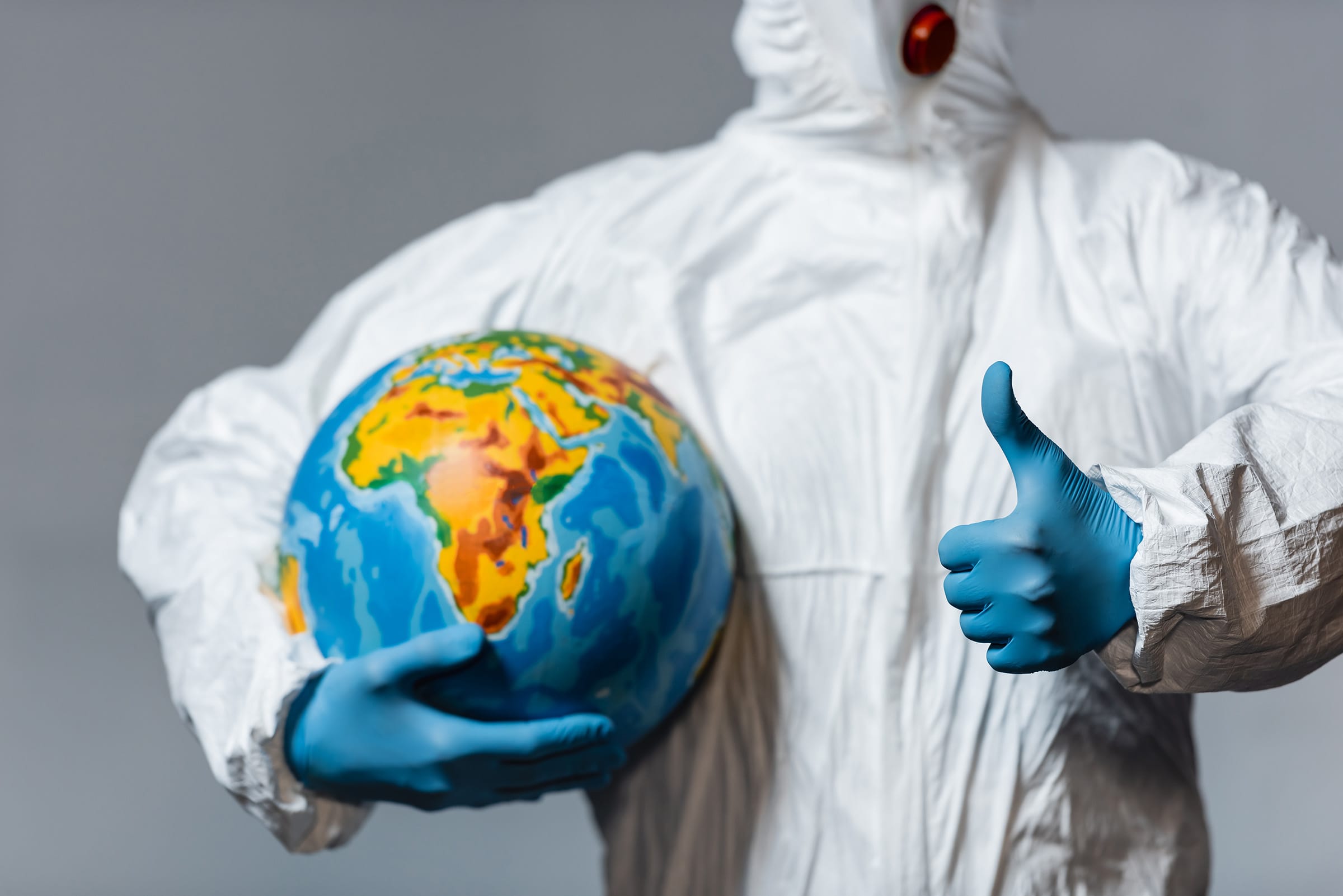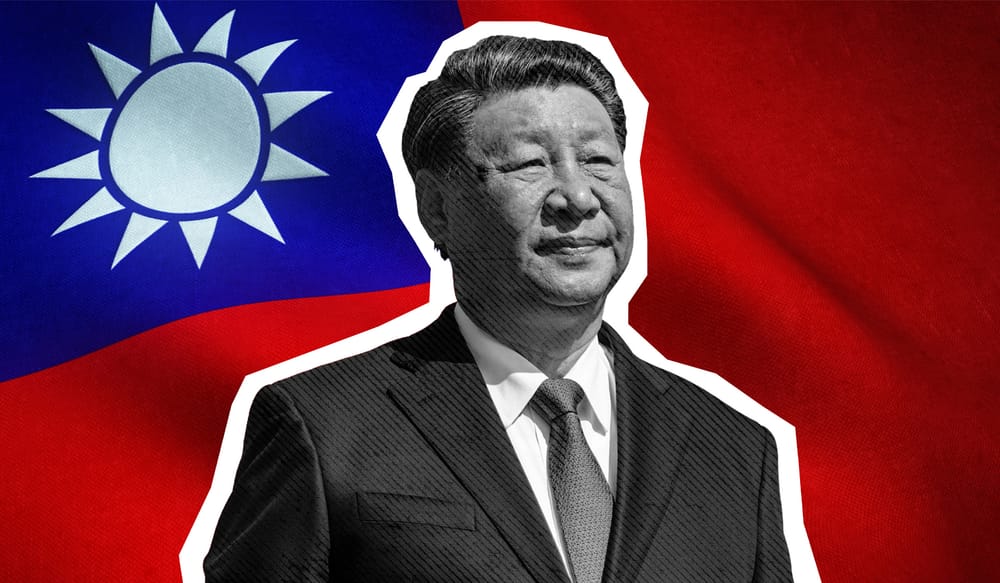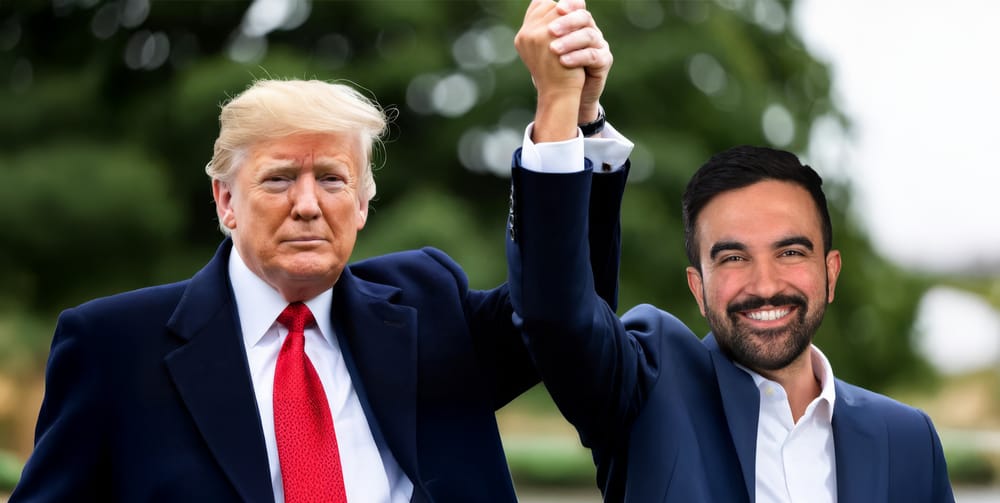We have now spent a year with pandemic restrictions -- unable to travel, often not even able to head to our offices, attend school properly or engage in sports. We have lamented the dead and the sick, but this calamity which has befallen our world is not necessarily all bad.
In fact, humanity tends to require major crises to progress. They act as catalysts of change, pushing us to improve, often accelerating change that we otherwise would have been too complacent to embrace.
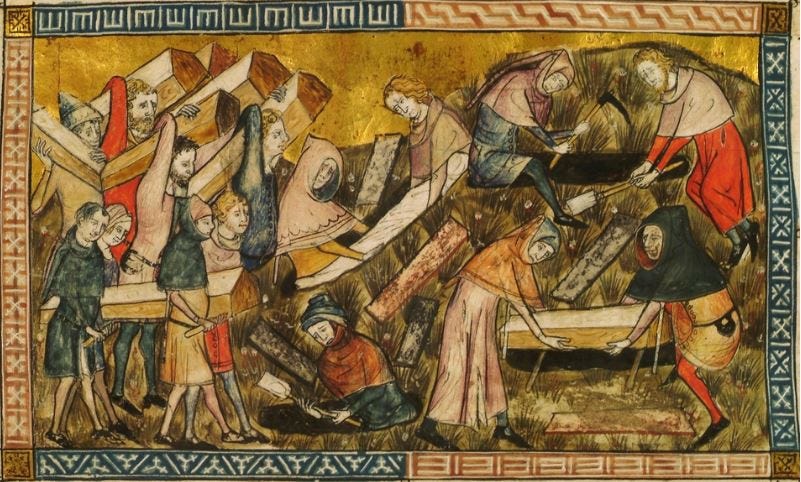
For example, the Black Death, which decimated humanity in the 14th century despite horrific death toll has shifted the economic balance in favor of the remaining labor force as prices of land and food dropped while price of labor increased.
This resulted in greater wealth acquisition by the poor and improved flexibility of work, which accelerated the decline of serfdom, undermined the position of the Catholic church, sowing the seeds of Reformation and led Europe out of the Middle Ages into Renaissance and the future age of reason, exploration, science and technology.
The deadliest wars in the history of the world -- World Wars of the 20th century -- are the reasons we’re enjoying our safe, civilized, clean, comfortable lives today.
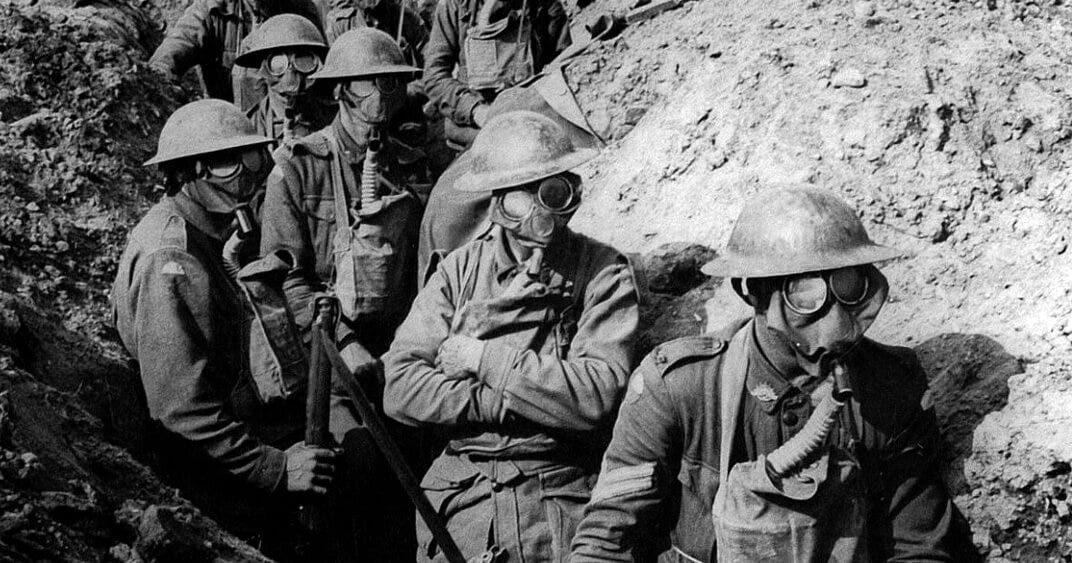
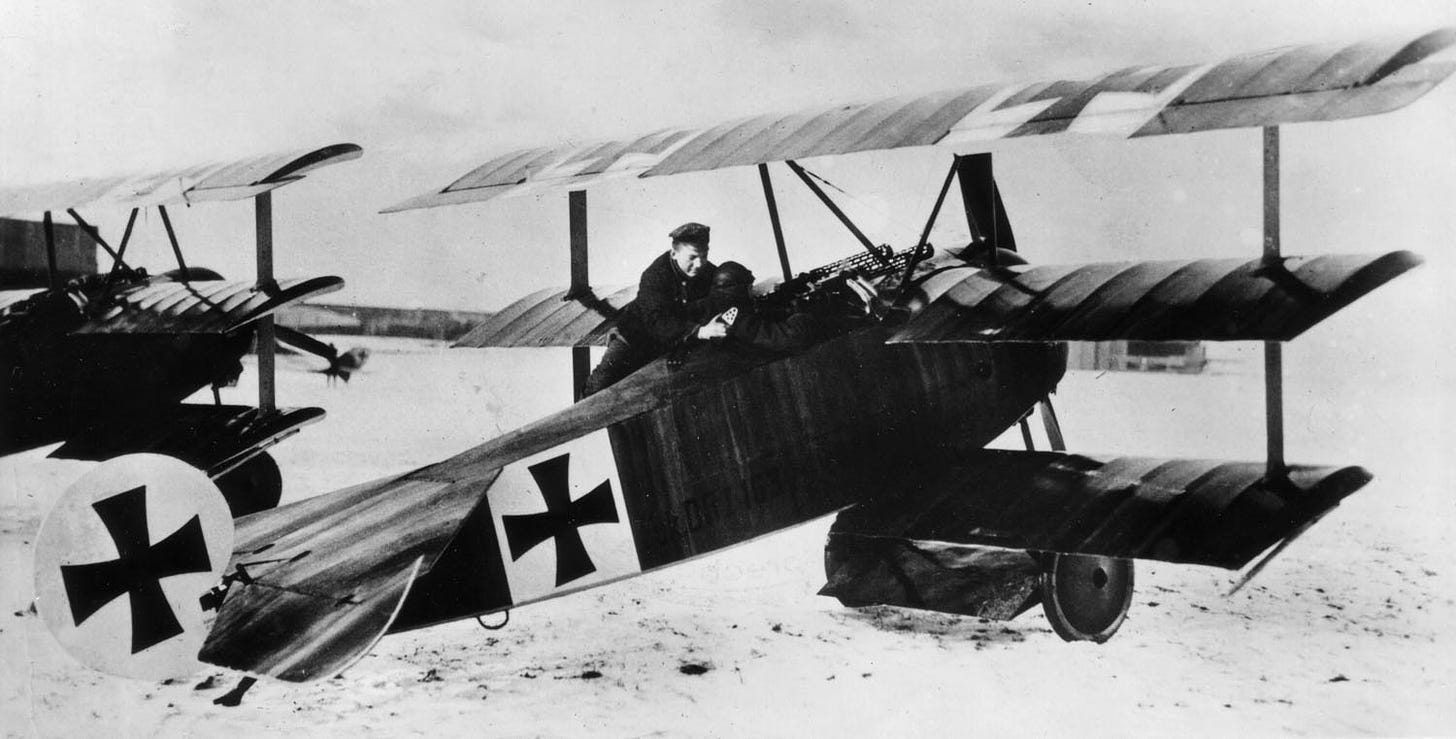
The First World War, which costs 20 million lives, accelerated the development of cars, trucks, tanks, ships and airplanes as well as modern chemistry, with landmark achievements of German scientist Fritz Haber who gave the world both artificial fertilizers (without which we wouldn’t be able to feed half of the world today) and chemical weapons.
World War II gave us jet flight, rocketry nuclear fission or modern computing.
Would any country have embarked on an effort as grand as the Manhattan Project, to build a bomb to end all wars?
Would the jet engine have been developed so rapidly if not for the goal of outrunning the enemy in the skies?
Would the first computer, ENIAC, have been built if there was no need for quick and precise calculations of artillery tables?
These conflicts also accelerated social change, changing the family structure forever, elevating women to many jobs typically held by men, who were at the time fighting by the millions. Programmers of the ENIAC were, in fact, all women.
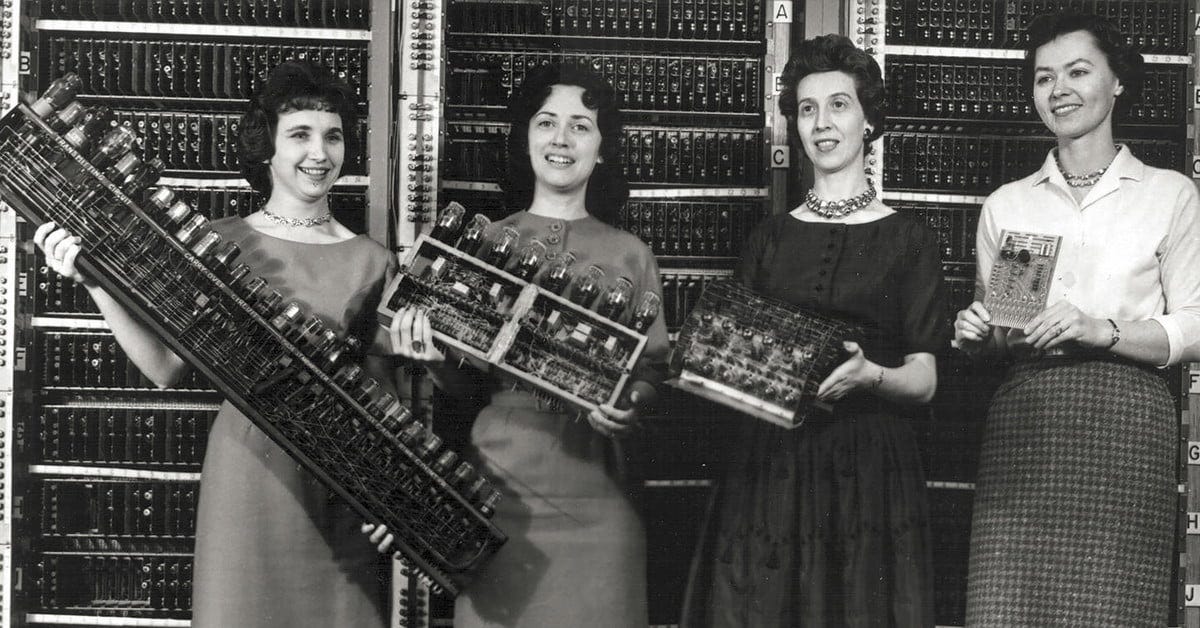
Within little over 50 years from the Wright brothers’ clumsy beginnings, we sent the first satellite into space; then the first man and a few years later landed on the Moon.
Advances in sciences, medicine and technology were all accelerated by deadly conflicts which cost tens of millions of lives and, subsequently, by the prolonged Cold War, which gripped the planet for half a century of competition between the capitalist and communist blocks.

But once that rivalry was over, we have clearly gotten quite complacent. The parting gift of the era was the Internet, originally developed as a military communications network, which has transformed the world since its spread among the civilian population began in the early 1990s.
Despite its enormous impact on our lives, most of us are still stuck in antiquated habits inherited from earlier eras. Most people still work in offices which haven’t improved much over the grey cubicles of yesteryear (save for a handful of new companies embracing the hippie culture of colorful beanbags and onsite employee benefits - like at Google or Facebook).
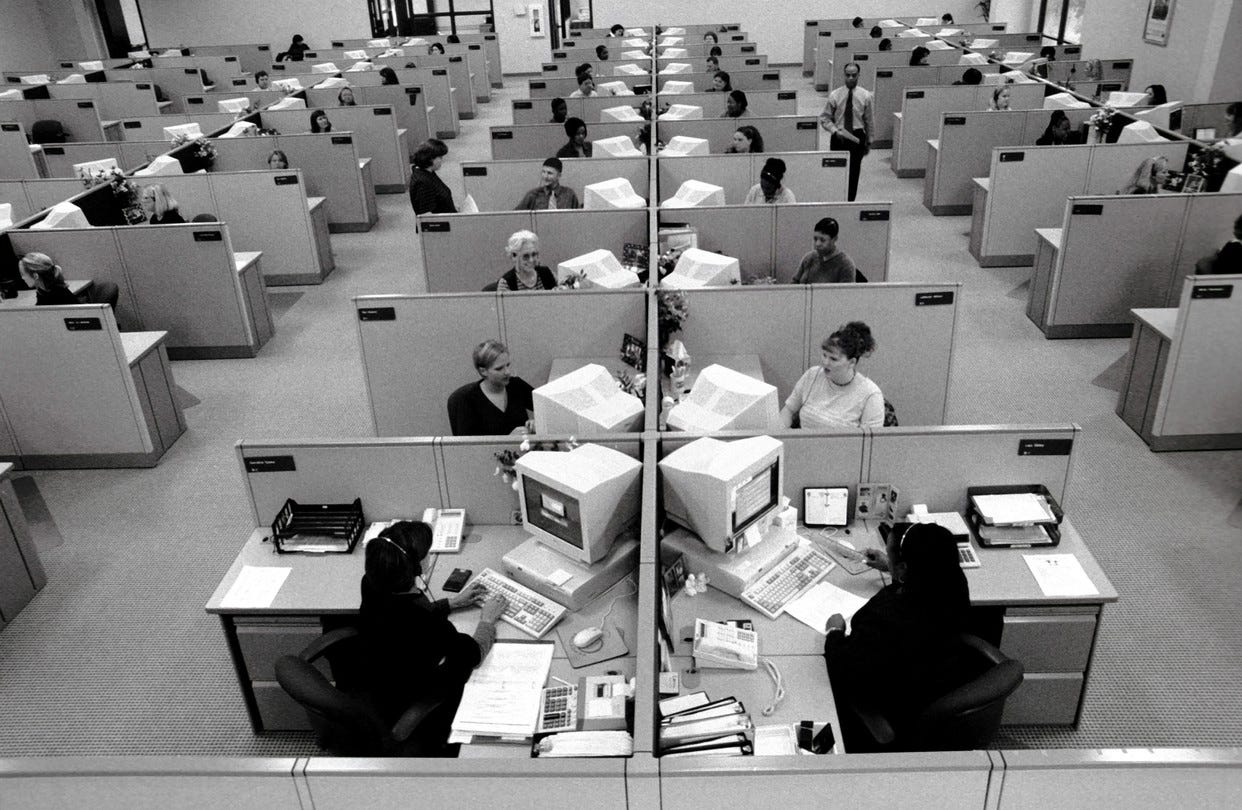
Despite the fact that all of us, save maybe for a handful of pensioners, own computers and carry smartphones in our pockets, we still commute to work to sit down in front of a screen much the same as our own at home.
We’re still queuing up to doctors for routine visits, even though most of them could be done with a distance video call. We’re wasting inordinate amounts of time on pointless meetings which do not necessarily have to be done in person (or at all, frankly). Or, I should say, “we were”.
Covid-19 pandemic has forced us to make the most of the technology we have long had at our disposal but were too resistant to change to embrace.
All of a sudden, when forced to distance ourselves from others, it has turned out that our performance at work doesn’t have to suffer. That we are saving time and money on a pointless commute to tall, shiny offices costing millions to run every year, when we could be sitting at home.
We’re discovering that visiting your GP doesn’t have to happen in person, that your prescription, which before the pandemic was often impossible to obtain in any remote way, all of a sudden can be sent to your phone as a simple code you present at the pharmacy.
Subscribed
Or that most of our shopping needs can be fulfilled without ever leaving the house - particularly in peak hours, when long queues to the cashiers can be a really miserable waste of time. And when we do go out, it’s better if we use wireless payments than cash, which could transmit the disease changing hands between different people.
It also provided a fertile ground for development of mRNA vaccines, for which it’s the first major test that could change how we fight other diseases, saving millions of lives as a result.
Few people realize that a vaccine for the first SARS virus was already in the works and ready for trials in Texas back in 2016, but the funding had dried up since the virus wasn’t posing a direct threat anymore by then. Today, the major discussion concerns “vaccine passports” -- which, by the way, have been in existence since the 1930s -- and without which, you may not be able to travel to or from certain countries in the world.
However, their form still belongs in the 20th century, as they are simple, paper booklets where your clinic stamps a confirmation of your inoculation.

Unsurprisingly, the system is prone to forgeries, particularly in Africa, where some countries -- like Nigeria or Zimbabwe -- have already worked on implementation of digital solutions that would combat the practice, a few years before Covid-19 struck.
The continent’s most populous country replaced the old yellow cards -- originally (and mainly) used to confirm vaccination against the yellow fever -- with a new system that contains a QR code that is scanned at the border, confirming the identity of the carrier and the fact of inoculation.
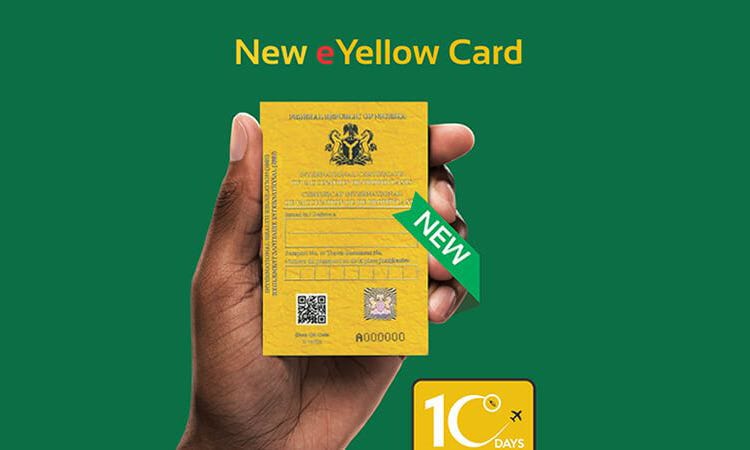
Now as the world is looking to reopen as quickly as possible, similar solutions are considered globally, allowing vaccinated individuals to travel, limiting the risks of new outbreaks.
A standardized, digital system that each person would carry with them could not only help stem the coronavirus pandemic but also save lives as crucial information regarding vaccinations is useful for first responders helping a patient. For instance, knowing that you’re inoculated against hepatitis or rabies could direct a proper medical response in case you are unconscious.
An IT solution to the issue could be based on a blockchain technology, ensuring privacy while providing useful information that cannot be forged.
Organizing multiple governments to create a mutually acceptable solution is typically very difficult and lengthy, but a crisis situation such as the pandemic can expedite the efforts and create a backbone for digitalization of cross-border services, defeating antiquated bureaucracy.
Contrary to what many believe, humanity doesn’t do so well in times of peace. Deep inside we tend to be lazy, taking advantage of the peachy conditions, motivated only by utmost necessity. Crises serve a valuable role of shaking us out of atrophy, forcing to adapt to changing circumstances far more quickly than we otherwise would have liked.
But at the end of it we emerge stronger and better. So, despite the highly unfortunate death toll, the pandemic itself wasn’t all bad - and may have given us the necessary boost after decades of progressing stagnation in the developed world.



